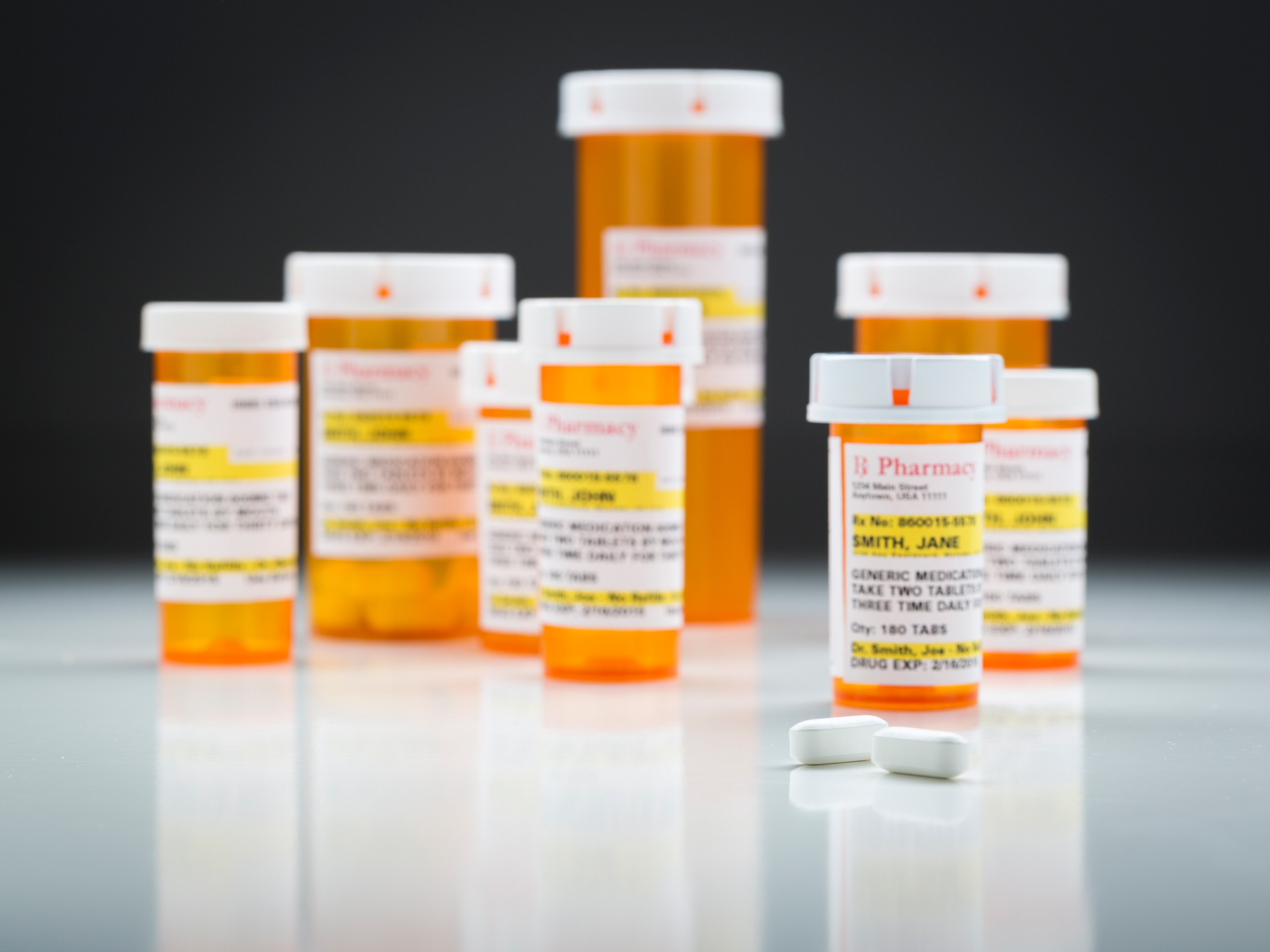Get Easy Health Digest™ in your inbox and don’t miss a thing when you subscribe today. Plus, get the free bonus report, Mother Nature’s Tips, Tricks and Remedies for Cholesterol, Blood Pressure & Blood Sugar as my way of saying welcome to the community!
Your prescriptions may mask this deadly condition

One incredibly fascinating thing about the human body is its resilience. We can treat it poorly and still it will continue to do its best to maintain balance so we can get on with life.
Of course, its ability to go on with being treated poorly eventually lands us in trouble…
We end up with metabolic derangement or disease. And in today’s world of fast food (junk) and fast life (stress), the negative effects (and diseases) seem to be piling up on us at increasingly fast rates.
A metabolic train wreck
In terms of ruining people’s health on a mass scale, one major culprit going under the radar is nonalcoholic fatty liver disease (NAFLD).
NAFLD is a liver disease that starts with the accumulation of fat in the liver. Estimates show that around 30 percent of adults have NAFLD. And in 30 percent of these people, it eventually results in more severe liver disease, perhaps even death.
But before it even gets to that stage, it makes a metabolic train wreck of your body…
That fat accumulating in your liver promotes insulin resistance, which leads to metabolic syndrome (obesity, high cholesterol, high blood pressure) and diabetes.
More than that, your deteriorating liver health may be responsible for other symptoms you currently have.
We’re talking:
- High LDL cholesterol and triglycerides
- Bad breath
- Facial flushing
- Digestive upsets – indigestion, reflux, nausea, constipation
- Depressed mood
- Foggy brain
- Allergies
- And the list goes on…
These symptoms are so diverse that your doctor might not connect the dots. So instead of your liver receiving the nurturing care it needs, he or she may write you multiple prescriptions to treat your symptoms separately in an attempt to make you feel better.
The bad news about that is two-fold: there is no drug to treat NAFLD — and some of those medicines your doctor may prescribe for symptoms can make you feel worse! Take statins…
Researchers have shown that statins produce a wide variety of adverse muscular effects — muscle cramps, muscle weakness, muscle pain, diseases of the tendons and autoimmune-related disease. Not mention, increase your risk for diseases like Parkinson’s, type 2 diabetes and invasive breast cancer.
So if you’re taking medications without treating the core of the issue, well, you’re just not going to see any real health improvements over the long term — and may do more damage.
So what can you do?
Well, the problem starts with all the sugar — particularly high-fructose corn syrup — that is hidden in our food. As we gain weight on these over-sweetened items, the liver begins to accumulate extra fat.
So, the most effective way to prevent or reverse the issue is to skip the processed foods filled with refined ingredients, sugars, toxic food additives and especially high fructose corn syrup — and switch them up for fresh natural wholesome foods that foster good liver and metabolic health.
Then, work on maintaining a low body weight with exercise. Try for 30 minutes a day or, if you want to save time, do high-intensity exercise for 15 minutes a day.
And one other thing you need to check is your vitamin status, particularly your fat-soluble vitamins — A, D, E, and K — and here’s why…
In the presence of liver issues, disruptions to your bile acid balance or production can occur (acids created by your liver). Since you need bile for the absorption of fat soluble vitamins, this can lead to vitamin deficiencies.
Researchers have uncovered that people with metabolic syndrome may need double the amount of vitamin E. And vitamin D deficiency is on the rise and has been connected to NAFLD. The liver also stores around 80 percent of your vitamin A stores, so where there are liver issues, this vitamin can be compromised as well.
Then when you have underlying deficiencies, it only makes your health problems intensify — a catch-22 cycle — so make sure you check your vitamin status!
A few other helpful agents to guard liver health include omega 3s, special antioxidants, and herbals like milk thistle.
Editor’s note: Have you heard of EDTA chelation therapy? It was developed originally to remove lead and other contaminants, including heavy metals, from the body. Its uses now run the gamut from varicose veins to circulation. Click here to discover Chelation: Natural Miracle for Protecting Your Heart and Enhancing Your Health!
Sources:
- Chow MD, et al. The role of bile acids in nonalcoholic fatty liver disease and nonalcoholic steatohepatitis. — Molecular Aspects of Medicine. 2017;56:34-44.
- Neuschwander-Tetri BA. Non-alcoholic fatty liver disease. — BMC Medicine. 2017;15:45-49.
- Sahil C & Jothipriya A. Non-alcoholic fatty liver disease. — Research Journal of Pharmacy and Technology. 2016;9:1782-1785.














